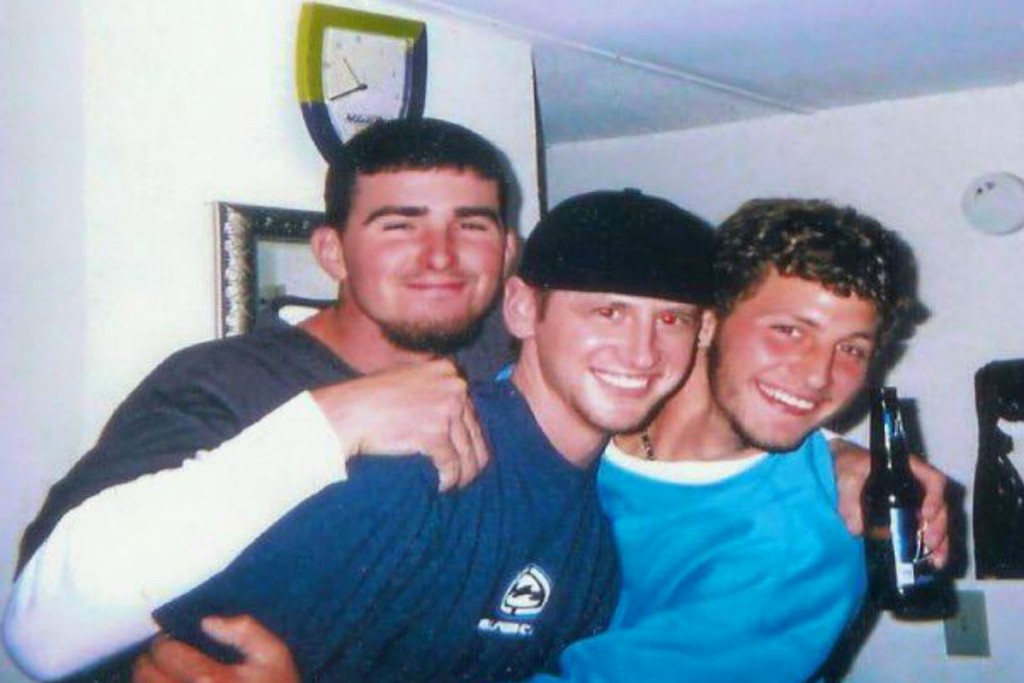Before you read this, read:
July 22, 2003
MY PHONE RANG. A familiar voice spoke.
“Jeremiah is in the hospital.”
“Hospital? Is everything …”
“He had a seizure. At work.”
“A seizure?”
seizure noun
sei·zure | \ ˈsē-zhər
- a sudden attack (as of disease)
especially: the physical manifestations (such as convulsions, sensory disturbances, or loss of consciousness) resulting from abnormal electrical discharges in the brain (as in epilepsy) - an abnormal electrical discharge in the brain
The sentences paced forward. Anxious. Cracked in between words. The voice stopped. Began crying. He was failing in his attempt to conceal his emotions.
He was trying to be strong.
Trying to be the big brother I never had while the other big brother, the topic of conversation, was lying in a generic hospital bed.
“He has…”
“Hey man, it’s okay. Robbie, it’s okay.”
“He has a brain tumor.”
“Which hospital… Lynchburg?”
…
We both pretended that everything was going to be all right, as if what was happening was all one big mistake.
But it wasn’t a mistake.
It was the house we had all built as anxious, ambitious young children that was crumbling down with each word spoken.
I hung up the phone, put on a pair of basketball shorts and a t-shirt, and told my mom what Robbie had just said to me. Together we rode to the hospital.

Up next in this story:
You just read an excerpt from When the Lights Go Out at 10:16. A story of a 1980s/1990s childhood growing up in small town America. A story of life and friendship in the face of terminal cancer.